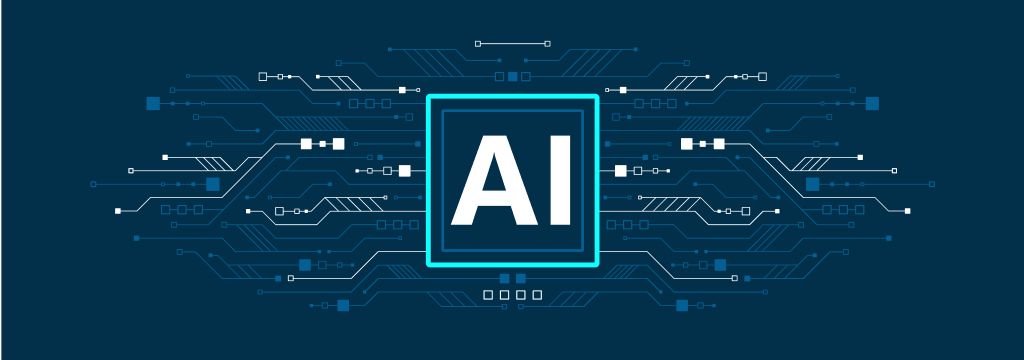AI Agentic Revolution: Autonomous Systems Redefine 2025

The Rise of Agentic AI: Why 2025 Is a Watershed Year
The latest surge in artificial intelligence innovation centers around Agentic AI—autonomous systems capable of independently handling complex tasks with minimal human oversight. Experts agree this development is shifting the field dramatically, bringing AI closer to actual human-like judgment and adaptive problem solving than ever before[3]. This marks a break with traditional models that relied primarily on static instructions and limited contextual analysis.
What Is Agentic AI, and Why Does it Matter?
Agentic AI refers to models and agents that don't just follow pre-programmed rules: they observe their environment, learn continuously, and make contextual decisions in real time. Advanced agentic architectures provide:
- Greater autonomy: These systems analyze situations and choose optimal actions without waiting for human commands.
- Real-time adaptability: They respond instantly to changing environments, making them ideal for dynamic applications like robotics and personalized assistants.
- Complex workflow automation: From large-scale supply chains to individualized healthcare recommendations, Agentic AI drives efficiency and unlocks new value streams[3][4].
Industry leaders note that this leap brings us closer than ever to the elusive goal of artificial general intelligence (AGI)—machines with broad, human-like reasoning and learning capabilities[3][4].
Impact Across Sectors: From Medicine to Finance
The ripple effects span multiple industries:
- Healthcare: Agentic AI enables virtual scientists that design and run experiments independently, targeting faster breakthroughs in genomics and drug discovery[5].
- Finance: Autonomous AI agents now execute trades in milliseconds, detecting patterns that humans might miss entirely[1].
- Transportation and Robotics: Entire fleets of self-driving vehicles and industrial robots are now managed with agentic control, increasing safety and reducing error rates[1].
- Natural Language Processing: Conversational agents with agentic capabilities maintain context over long interactions and understand emotional nuance, transforming customer service and global communication[2].
Technical Advances: Training, Reasoning, and Miniaturization
2025’s agentic AI breakthroughs rely on several technical factors:
- Advanced reasoning: Models like OpenAI o1 perform complex logical steps rivaling expert human analysis[4].
- Data curation and synthetic data post-training: Efforts by Microsoft and others show small models can achieve high performance if trained intelligently[4].
- Scalable infrastructure: Initiatives like OpenAI and SoftBank’s Stargate data center aim to balance energy efficiency and localized power for agentic systems[5].
The Road Ahead: Experts Weigh In
With agentic AI rapidly scaling, experts forecast even greater disruption. Autonomous scientific discovery, personalized medicine, and self-organizing smart cities are among the most anticipated applications[1][5]. However, there are calls for robust safeguards to manage risks in autonomy, bias, and model alignment.
According to Ece Kamar, managing director of Microsoft’s AI Frontiers Lab, "People will now have more opportunity than ever to choose from or build models that meet their needs"[4]. The consensus: agentic AI is redefining the very nature of what artificial intelligence can achieve—from practical day-to-day tasks to society-level transformation.
How Communities View Agentic AI in 2025
The arrival of agentic AI has sparked vibrant debate across X/Twitter and Reddit. Engagement levels are extremely high, with industry leaders and everyday tech users weighing the promise and the risks.
-
Optimists and Tech Enthusiasts: A majority (~50%) of users—such as @AI_Futures and r/MachineLearning—celebrate agentic AI’s leap in autonomy. Many point to successful experiments in scientific research and medicine, envisioning rapid progress in disease prevention and workflow automation.
-
Skeptics and Ethical Analysts: About 25% of posts, notably from @DrKateAI and r/Technology, express concern over unchecked autonomy. They highlight issues like model alignment, decision-making transparency, and the ongoing need for human oversight.
-
Industry Experts and Developers: Leaders like @ecekamar (Microsoft) and @StanfordAI provide nuanced perspectives, focusing on technical requirements for oversight and discussing exciting benchmarks achieved by smaller, smarter agentic models.
-
Society & Workforce Concerns: Approximately 15% of comments, including voices from r/Futurology, address the potential impact on jobs and call for retraining initiatives. Some users note the risks of automation outpacing social and regulatory adaptation.
-
General Public: The remaining 10% show curiosity and a mix of excitement and anxiety, often waiting for clearer answers from policymakers and tech companies.
Overall sentiment: Balanced but trending positive, with optimism about transformative benefits countered by serious discussions of safety and societal impact.